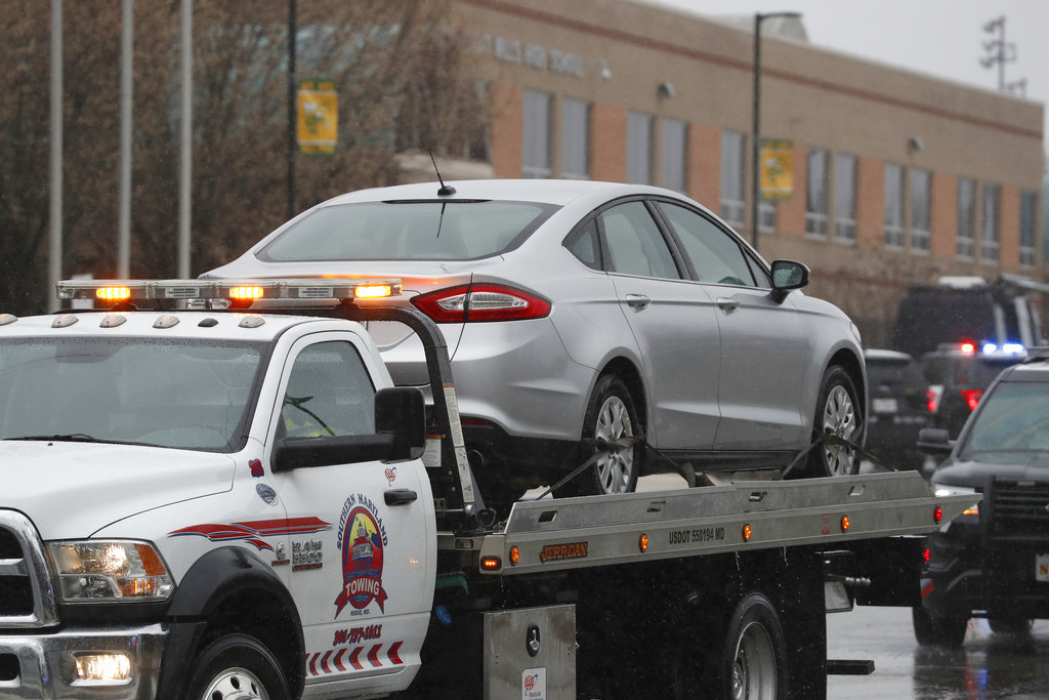The Supreme Court decision in O’Hare Truck Service v. City of Northlake, 518 U.S. 712 (1996), provided that government officials violate the First Amendment rights of free association and expression when they retaliate against an independent contractor for their political association.
City retaliated against truck service owner for refusing to support the mayor
John Gratzianna, the owner of O’Hare Truck Service, contended that he was removed from the City of Northlake, Illinois’s tow list because he refused to make a campaign contribution to the mayor and instead supported the mayor’s opponent. Gratzianna contended this violated his First Amendment political free association and free expression rights. The city countered that the First Amendment decisions of Elrod v. Burns (1976) and Branti v. Finkel (1980), which protect public employees from retaliation for political expression, did not extend to independent contractors.
A federal district court agreed with the city and dismissed the suit. The Seventh Circuit Court of Appeals affirmed, writing that “it should be up to the U.S. Supreme Court to extend Elrod.” Probably because the federal appeals courts were divided on the question, the Supreme Court granted review and ruled that Elrod and Branti did extend to independent contractors.
Court said government could not retaliate against independent contractors
Writing for a seven-member majority, Justice Anthony M. Kennedy reasoned that public employers should not be able to command political loyalty by trampling on the political choices of independent contractors. Citing the Court’s related decision decided the same day, Board of County Commissioners v. Umbehr (1996), Kennedy wrote that allowing the government to avoid liability for retaliating against independent contractors “would invite manipulation by government, which could avoid constitutional liability simply by attaching different labels to particular jobs.”
The city argued that independent contractors, unlike public employees, easily could obtain other work and minimize any losses of income caused by the loss of particular government service contracts. Kennedy questioned the veracity of this, particularly for independent contractors in small towns. He added: “That some citizens find a way to mitigate governmental over-reaching, or refrain from complaining, does not excuse wrongs done to those who exercise their rights.”
Kennedy also rejected the city’s “floodgates of liability” argument, noting that a similar argument had been made when the Supreme Court had extended Elrod by granting First Amendment protection to public employees who were denied desired promotions or transfers (as opposed to protection from discharges in Elrod) in Rutan v. Republican Party of Illinois (1990).
Justice Antonin Scalia, joined by Justice Clarence Thomas, pointed to his dissenting opinion in Umbehr.

